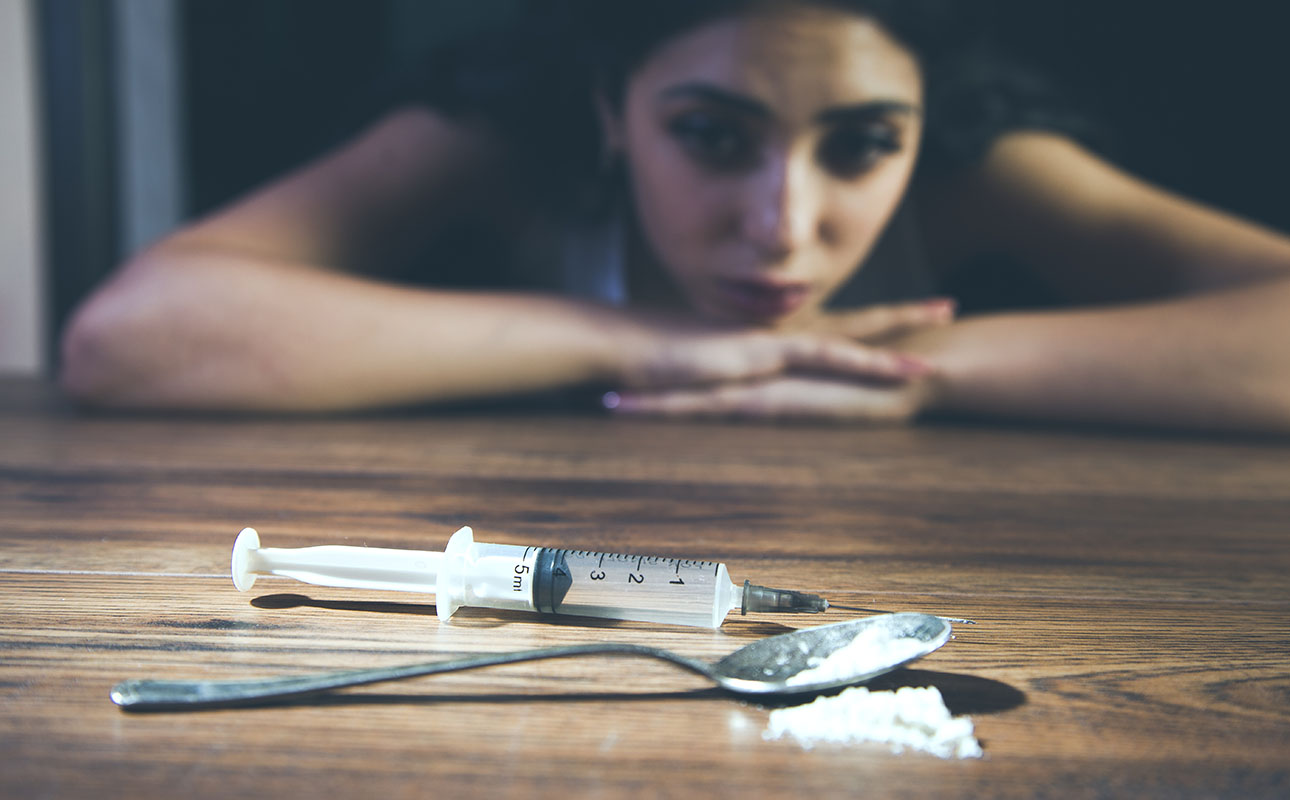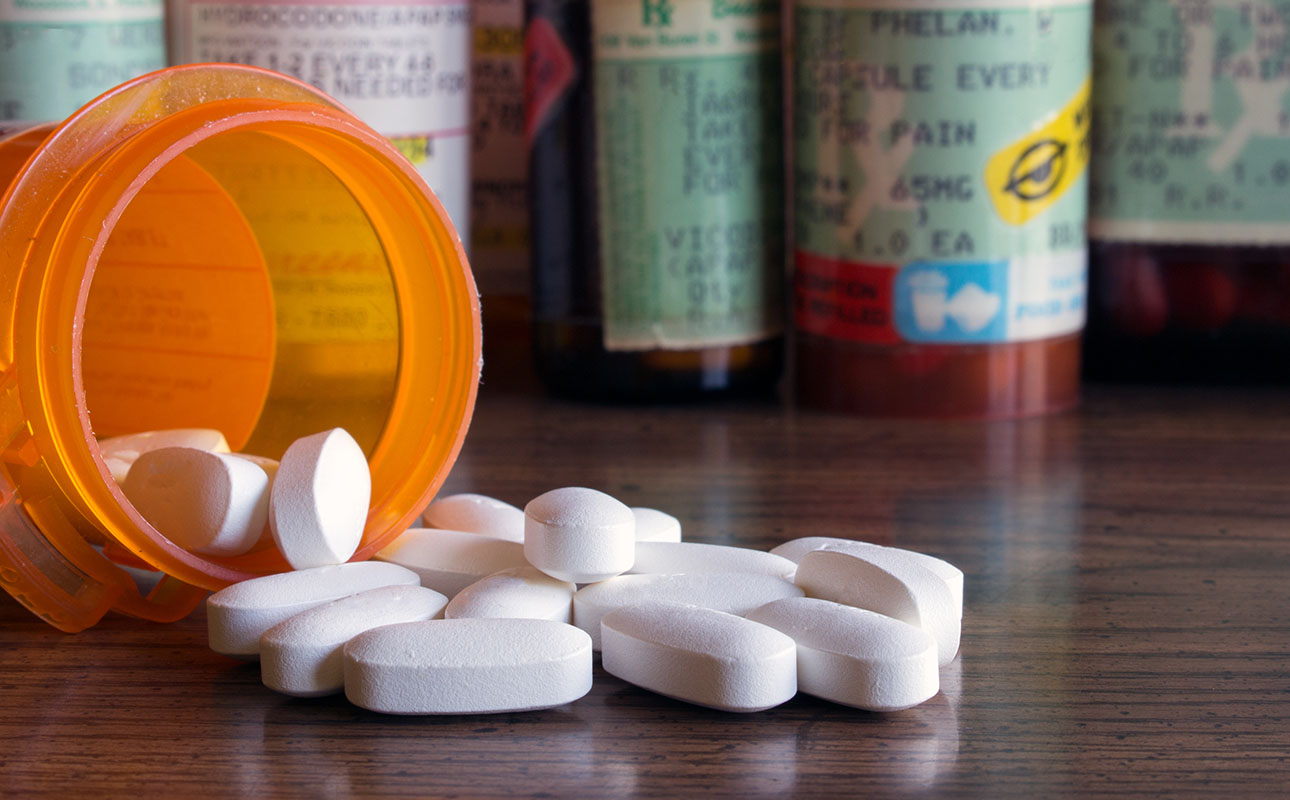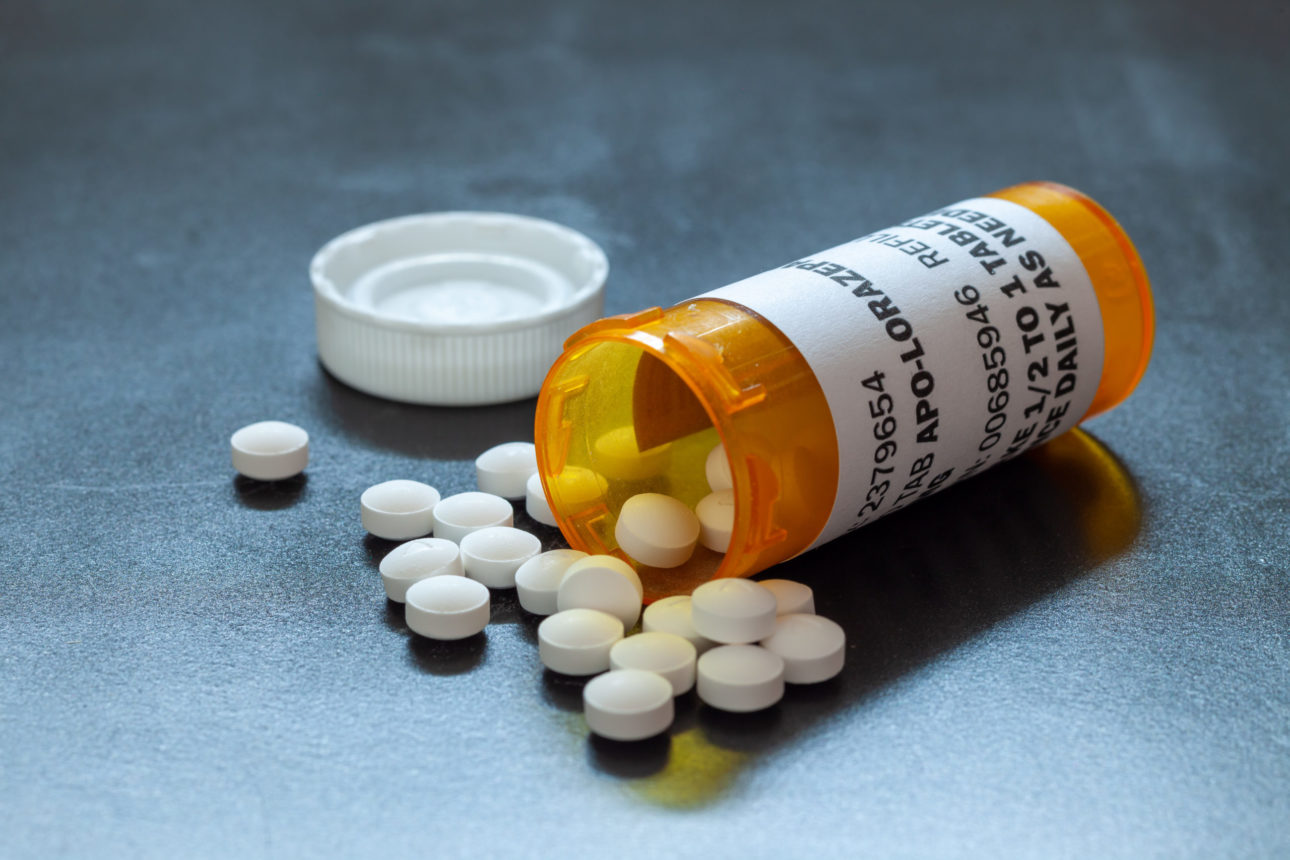Addiction is a disease that tears through the lives of countless people in the United States every year. In prior decades, people who suffered from addiction and mental health issues might not have had any place to go for help. Now, that has all changed. There are plenty of addiction treatment options out there for people who are addicted to drugs, alcohol, gambling, and more. With so many choices, it may be difficult to decide where to turn for help. At SOBA Recovery, we want to help you find the best addiction treatment for you.
What is Addiction Treatment?
Addiction treatment is a rehabilitation program that helps people addicted to drugs or alcohol stop using substances. Because addiction is nuanced, there are many different kinds of treatment available. Although treatment styles and programs can vary, the overall goal is the same across the board: getting someone and helping them stay sober. Addiction treatment includes the following programs:
- Inpatient programs: This is an addiction treatment program where you spend 30 days focusing entirely on helping you achieve sobriety. You will attend individual therapy, group therapy, and engage in wellness activities. Then, you will learn coping skills to help you stay on track with your sobriety
- Transition programs: Partial hospitalization programs (PHP) and intensive outpatient programs (IOP) help you transition from inpatient rehab to outpatient. If you’re unable to complete inpatient treatment you can skip to PHP. During both kinds of treatment, you will continue participating in various therapy programs.
- Outpatient programs: Outpatient programs are a step down from PHP and IOP. You will only spend a few hours at a time at the facility and sleep at home. Outpatient treatment is a good option for sole caregivers or working professionals who can’t take off of work for inpatient treatment.
- Sober living: This is considered to be an aftercare option. You don’t attend therapy at a sober living home but you live there and are held accountable for your actions. Sober living provides recovering addicts with a safe place to live while finding and securing a job and integrating back into the community.
How to Find the Right Recovery Program for You
There is a program out there for everyone. If you’re currently struggling, don’t wait to seek treatment.
- Consider your needs: First, think about what your needs are. For example, some programs specialize in helping men while others focus on women. Some programs focus on drugs of abuse while others might focus on alcohol. Make sure that the program is going to meet your needs.
- Location: Think about where you want to go for recovery. Sometimes, it is helpful to leave the local area to get away from the stresses of home. When you distance yourself from an addictive environment, you will have an easier time focusing on your recovery.
- Ask Questions: Make sure that you ask questions about the recovery programs you are considering. Ask about the amenities of the program. Think about sleeping arrangements. Ask questions about the average length of stay. These are all questions that are going to be pertinent to any experience you might have at the program.
- Think About Your Goals: Finally, think about what your goals are. If your goal is to detox your body and remove yourself from a harmful environment, then you need to think about an inpatient program. If you are the sole caregiver for a child and don’t have access to long term child care, an outpatient program may be the best option for you.
Regardless of your situation, there is a treatment plan out there that can help you.
Let Us Help You!
At Soba Recovery, we are one of the top drug and alcohol treatment programs in the southwest. We have centers located both in Mesa, AZ and San Antonio, TX. Our detox and inpatient treatment professionals help our clients conquer addiction and stay sober. We offer a unique luxury addiction treatment program that takes advantage of proven, traditional treatment methods and blends them with innovative therapies. Our top priority is to help our participants overcome substance abuse and stay sober. If you are interested in learning more about our addiction treatment services, please contact us today!







